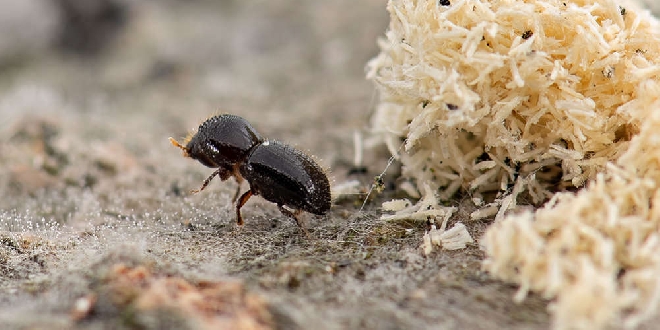
The fight to stop a destructive beetle from killing trees in Perth has ramped up with five new local government areas added to the quarantine area.
The polyphagous shot-hole borer (PSHB) is a small beetle native to Southeast Asia that tunnels into the trunks, stems and branches of trees and plants.
The sesame seed sized pest has been detected in the Perth metropolitan area and to help stop the spread, the Department of Primary Industries and Regional Development has created two zones within the quarantine area.
New boundaries now include the local government areas of Armadale, Kwinana, Mundaring, Rockingham and Serpentine-Jarrahdale, with the entire quarantine zone consisting of 30 local governments.
People living in Zone A and Zone B of the quarantine area are now subject to restrictions when it comes to moving wood or plant materials out of each zone.
This includes not being able to move untreated wood outside of the area unless it is chipped to pieces of 2.5cms or less in diameter.
Plant materials bigger than 2cm in diameter are also banned from being transported out of the zones.
Any machinery used to handle green waste must also be cleaned before it can be moved outside of the zones.
DPIRD Chief Plant Biosecurity Officer Vincent Lanoiselet said the response effort was covering all bases to contain the spread of PSHB and protect healthy trees within and beyond the metropolitan area.
“Expanding the Quarantine Area will provide an additional buffer zone where we are increasing surveillance for the borer and taking immediate action to manage the pest in this area,” Dr Lanoiselet said.
“Across the Perth metropolitan area, DPIRD officers have inspected more than 1.9 million trees on over 62,000 properties since the response started in 2021.”
Dr Lanoiselet thanked the Perth community and local governments for supporting the eradication response and doing their part to stop the borer spreading to healthy trees.
“As the weather warms, we urge everyone to check their trees for signs of the borer, particularly those host trees at highest risk such as box elder maples, coral trees, Moreton Bay and Port Jackson figs and London plane trees,” he said.
“Signs of borer activity include tiny holes the size of a ballpoint pen in the tree trunk or branches, staining or discolouration of the wood, gumming and frass, as well as signs of dieback in the tree.”
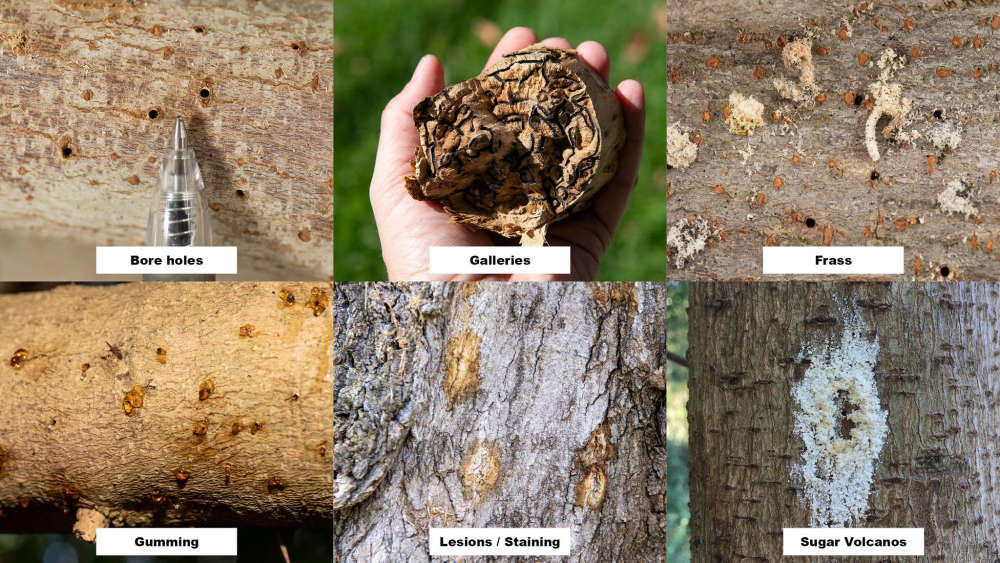
Any suspected signs of PSHB damage should be reported to department via the MyPestGuide® Reporter app or via the Pest and Disease Information Service on 9368 3080 or padis@dpird.wa.gov.au
For more information on expanded Quarantine Area and the zones visit agric.wa.gov.au/borer
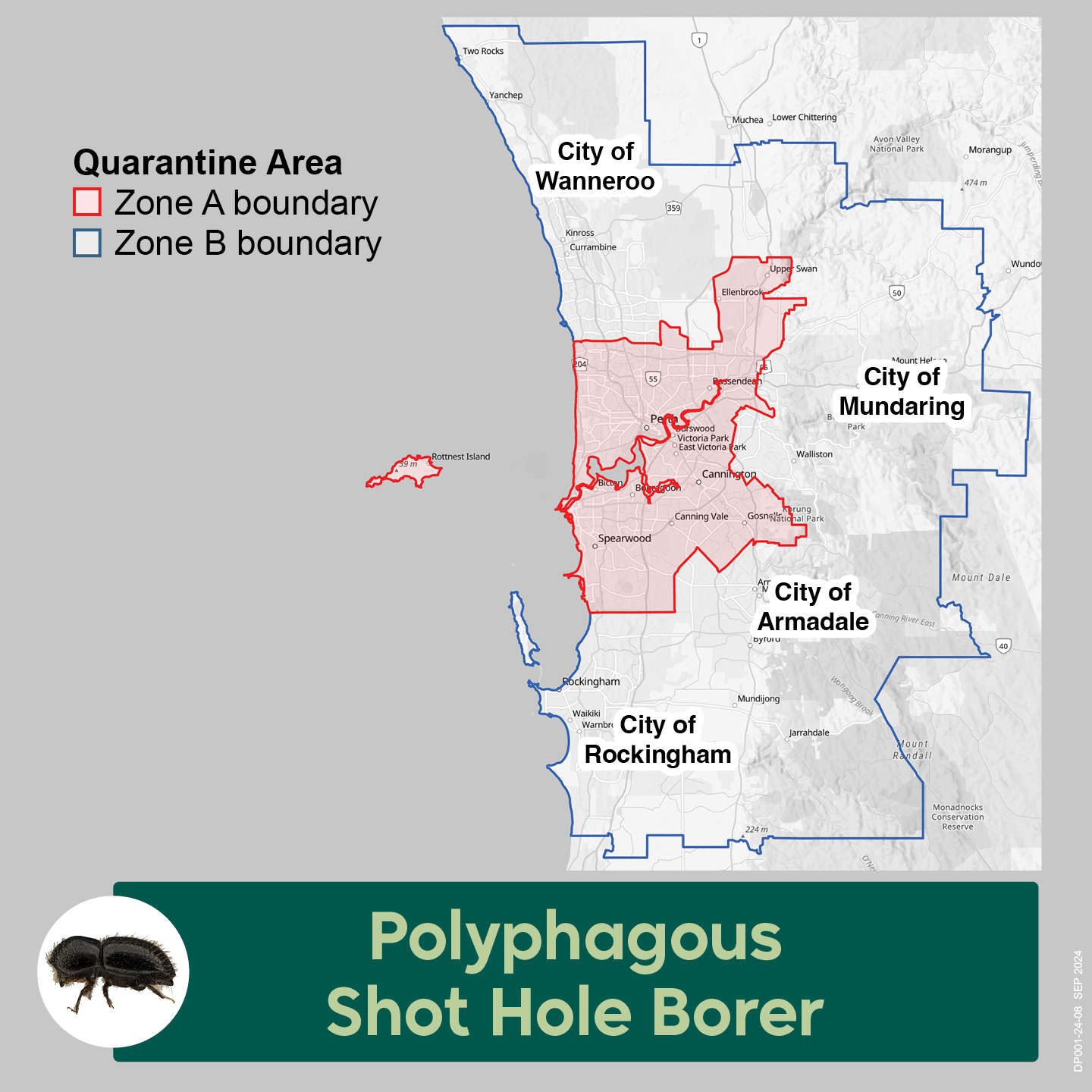



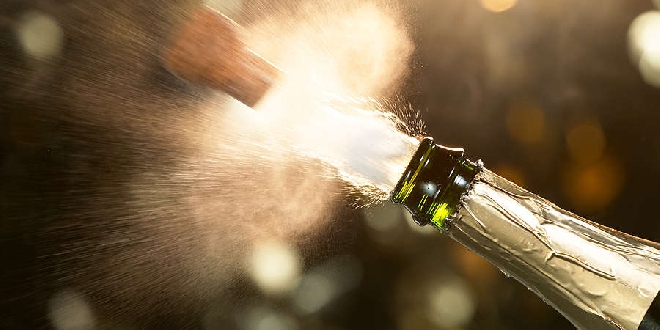 Southern suburbs man claims $2.5 million Lotto win
Southern suburbs man claims $2.5 million Lotto win
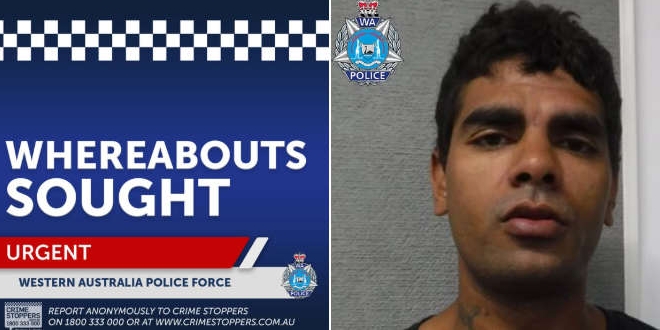 Wanted man possibly in Mandurah or Rockingham areas
Wanted man possibly in Mandurah or Rockingham areas
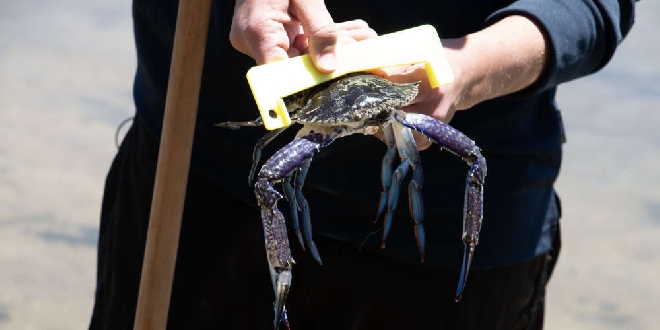 Big fines for three fisherman caught with too many mullet, undersized crabs
Big fines for three fisherman caught with too many mullet, undersized crabs
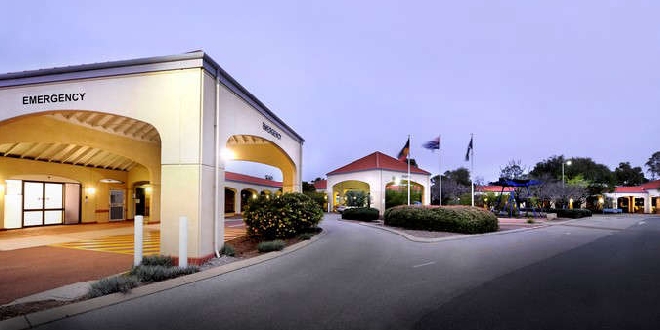 Brand new six-storey hospital to replace Peel Health Campus
Brand new six-storey hospital to replace Peel Health Campus
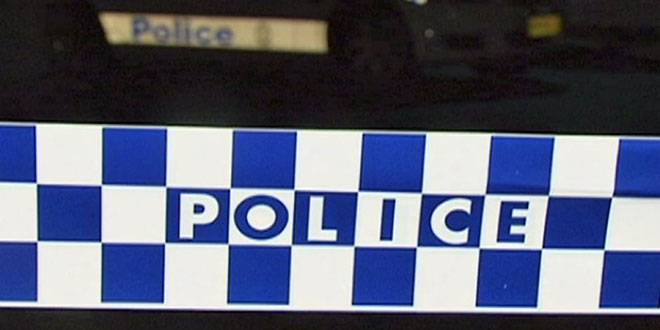 Drug and Firearm Squad swarm Meadow Springs home
Drug and Firearm Squad swarm Meadow Springs home
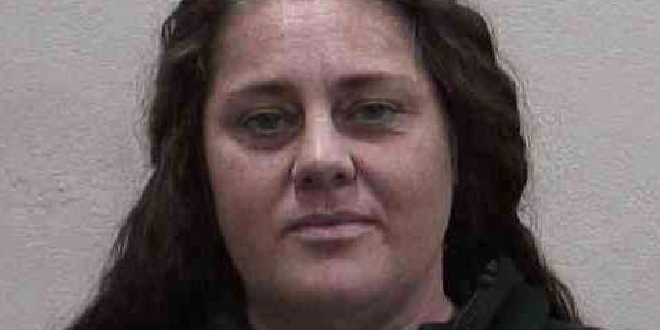 Wanted woman known to frequent Mandurah, Rockingham, West Pinjarra areas
Wanted woman known to frequent Mandurah, Rockingham, West Pinjarra areas
 Waikiki Beach Hotel to go ahead after liquor licence approved
Waikiki Beach Hotel to go ahead after liquor licence approved
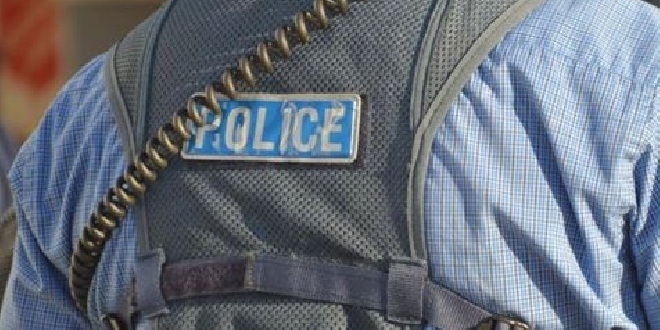 Man found critically injured outside Baldivis pub
Man found critically injured outside Baldivis pub
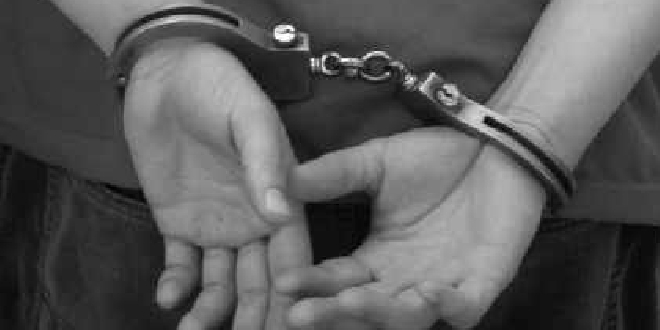 Dawesville man charged with 38 child sex offences
Dawesville man charged with 38 child sex offences